Limit speculation, make the gold market healthy
Commenting on the draft Law on Personal Income Tax (amended), delegate Tran Kim Yen ( Ho Chi Minh City) expressed concerns about the proposal to tax personal income when transferring gold bars.
According to the draft Law, the Government proposes to collect a 0.1% tax on gold bar transfers to improve market transparency and limit speculation; at the same time, the Government is assigned to specify the taxable gold bar value threshold, the time of application and adjust the tax rate in accordance with the gold market management roadmap.
Delegate Tran Kim Yen said that most people consider gold as an accumulated asset, used as a reserve for incidents that may occur in life. This gold can be purchased from the money accumulated from savings, that is, after deducting taxes, but now when selling gold, it will continue to be taxed. "Is this a tax on tax?", delegate Tran Kim Yen wondered and said that "taxing people's gold savings may not have humane or social meaning in terms of economic management".
According to delegate Tran Kim Yen, the objective of the draft Law is to tax speculators, disrupt the market and stabilize the gold market. However, a tax rate of only 0.1% may not be enough to prevent speculation in gold trading because this tax rate is insignificant compared to the profit that speculators can earn from gold trading. "It is important to have measures to limit speculation, manage and make the gold market healthy," delegate Tran Kim Yen said.
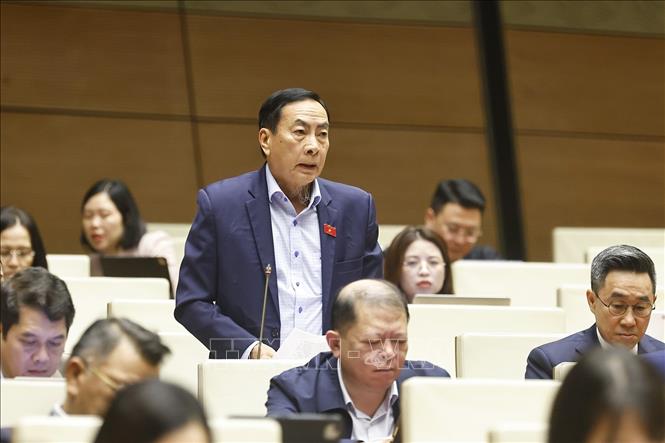
Sharing the same view, delegate Pham Van Hoa (Dong Thap) agreed with taxing those who profit from transferring and speculating on gold bars, but said that the 0.1% tax rate for these people is "nothing" and suggested considering taxing this group and regulating income to limit speculation and destabilize the market.
In addition, delegate Pham Van Hoa also suggested considering taxing people and families who buy gold to reserve and accumulate for their children or grandchildren or in case of illness...
Consider the tax starting point determination level
Personal income tax on business income is also an issue of interest and opinion to many National Assembly deputies.
Considering that this issue has caused much discussion in public opinion, delegate Pham Van Hoa stated that the draft Law stipulates that business income under 200 million VND/year will not be subject to personal income tax.
Delegate Pham Van Hoa analyzed that if the family exemption for those who do not receive a salary is 15.5 million VND/month (180 million VND/year), then a business household with a revenue of 200 million VND/year, after deducting costs (capital, depreciation), the actual profit may only be about 16 - 17 million VND/year. "If a household of three has a profit of only about 7 - 8 million VND/month (assuming a profit of 50%), the taxation is "inhumane", the delegate said.
Delegate Pham Van Hoa proposed to raise this ceiling, specifically, from 200 million VND to 400 million VND or 500 million VND or more, then tax will be calculated according to declared tax, so that the tax collection policy is reasonable and ensures harmony.
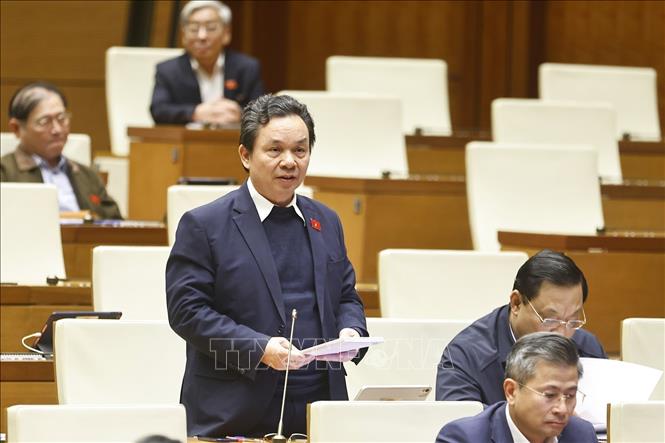
Discussing this issue, delegate Hoang Van Cuong (Hanoi) also said that the level of 200 million VND is not appropriate.
Delegate Hoang Van Cuong gave an example: a milk seller imports 900,000 VND/box and sells it for 1 million VND/box, making a profit of 100,000 VND/box. If he sells 200 boxes, the revenue is 200 million VND. The revenue is 200 million but the difference is actually only 20 million, so it is unreasonable to tax it immediately. Meanwhile, the family deduction for an individual is 186 million VND, if an individual plus a dependent is 260 million VND. "So the milk seller should have sold for 2.6 billion VND to get the difference of 260 million VND, then they have to pay tax", Delegate Hoang Van Cuong cited.
From there, delegate Hoang Van Cuong proposed to change the tax starting point for business people. For sellers and agents, the minimum starting point must be 1.5 billion VND, which means a difference of about 20% to have an income of over 260 million VND and must pay tax. The level for service business people, business people who do not have to pay expenses, must be at least 500 million VND. Other industries, production and business must have a starting point of 1 billion VND or more.
Increasing transparency in tax administration
Discussing the Law on Tax Administration (amended), delegate Hoang Van Cuong said that the draft Law stipulates that business households must declare taxes. From January 1, 2016, we will abolish lump-sum tax and switch to tax declaration. Meanwhile, business households are afraid of declaring taxes because they do not have the habit of keeping records. At the end of the year, if they declare and exceed the taxable amount, they will start to calculate taxes, but business people cannot remember how their business was last year, accidentally falling into a situation of not declaring enough and evading taxes.
Delegate Hoang Van Cuong stated that there is currently a policy to support business households in calculating taxes through cash registers. Tax authorities must fully manage information on a household's business revenue and notify the households of taxes at the end of the year, without requiring business households to report.
"If we support business households with payment methods, management methods, software..., the proposal in the draft Law to deduct 0.1% of the excess tax revenue to support tax management is appropriate, supporting business households to operate better, bringing benefits to the business households themselves and the whole society," emphasized delegate Hoang Van Cuong.
Regarding this law, delegate Nguyen Tam Hung (Ho Chi Minh City) highly agreed with the need to comprehensively amend the Law to ensure sustainable state budget revenue, create a fair and transparent business environment, strengthen risk management and promote digital transformation.
However, regarding the classification of taxpayers, delegate Nguyen Tam Hung proposed to add the principle: All classification criteria must be based on verifiable data that is periodically updated and made public in the common criteria framework. This helps ensure transparency, prevent arbitrary application and strengthen taxpayers' trust in the tax authority.
In addition, delegate Nguyen Tam Hung said that allowing the Government to decide on tax payment extension in special cases is a reasonable provision but "quite open, easy to be interpreted broadly". Therefore, the delegate suggested considering and clearly establishing criteria in special cases including: Macroeconomic fluctuations, natural disasters, epidemics, supply chain crises or economic stability requirements assigned by the National Assembly.
"Clearly defining principles will create predictability for businesses, avoid abuse of extension policies and increase transparency in tax management," delegate Nguyen Tam Hung emphasized.
Source: https://baotintuc.vn/thoi-su/tang-tinh-minh-bach-trong-dieu-hanh-quan-ly-thue-20251119180639285.htm


![[Photo] Lam Dong: Panoramic view of Lien Khuong waterfall rolling like never before](/_next/image?url=https%3A%2F%2Fvphoto.vietnam.vn%2Fthumb%2F1200x675%2Fvietnam%2Fresource%2FIMAGE%2F2025%2F11%2F20%2F1763633331783_lk7-jpg.webp&w=3840&q=75)

![[Photo] President Luong Cuong receives President of the Senate of the Czech Republic Milos Vystrcil](/_next/image?url=https%3A%2F%2Fvphoto.vietnam.vn%2Fthumb%2F1200x675%2Fvietnam%2Fresource%2FIMAGE%2F2025%2F11%2F20%2F1763629737266_ndo_br_1-jpg.webp&w=3840&q=75)

![[Photo] National Assembly Chairman Tran Thanh Man holds talks with South Korean National Assembly Chairman Woo Won Shik](/_next/image?url=https%3A%2F%2Fvphoto.vietnam.vn%2Fthumb%2F1200x675%2Fvietnam%2Fresource%2FIMAGE%2F2025%2F11%2F20%2F1763629724919_hq-5175-jpg.webp&w=3840&q=75)



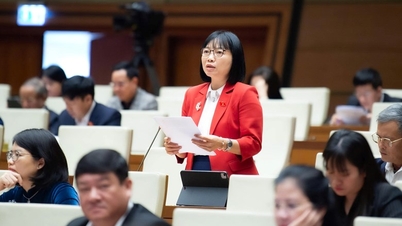


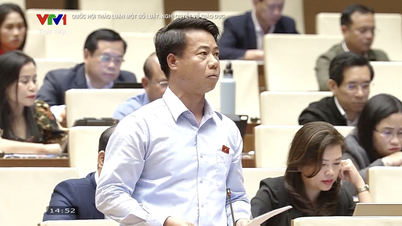

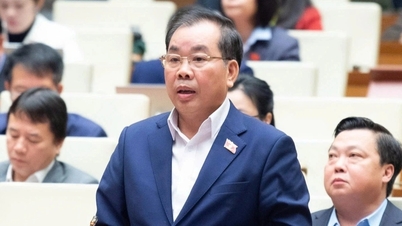



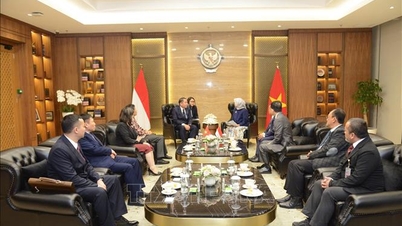
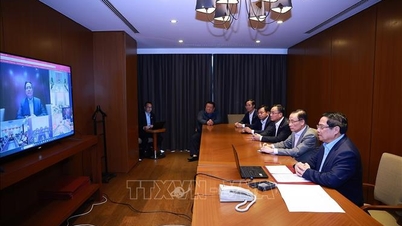
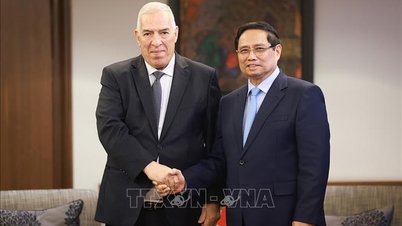

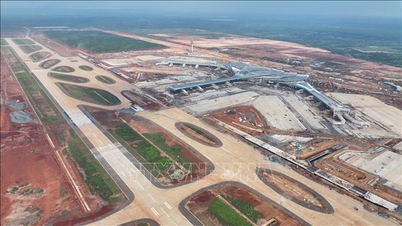
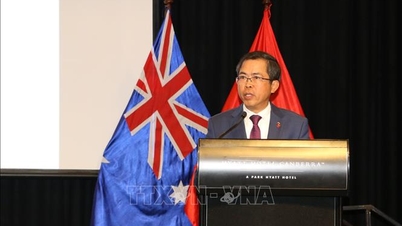




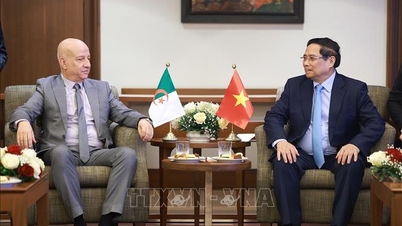



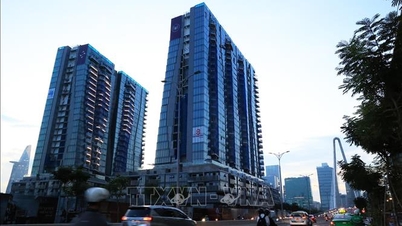












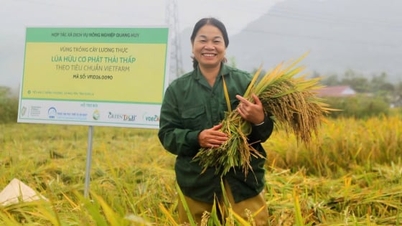






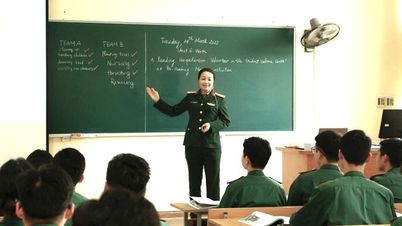


















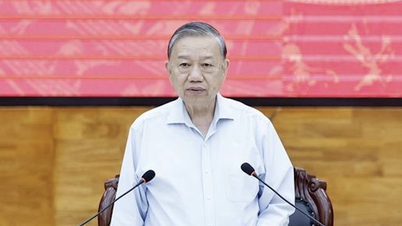






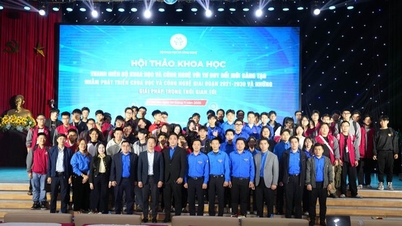

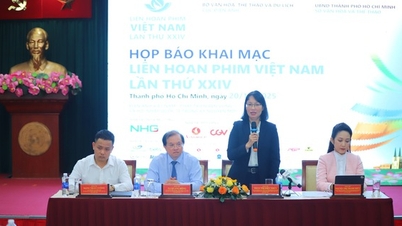



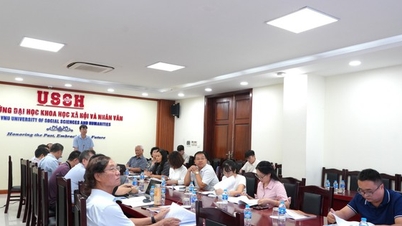
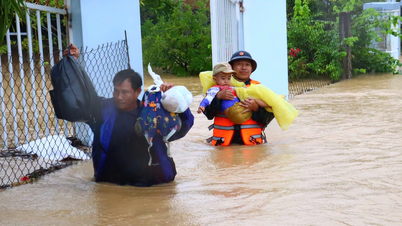























Comment (0)